On poetry: Everyone wants to know what it means. But nobody is asking, How does it feel?
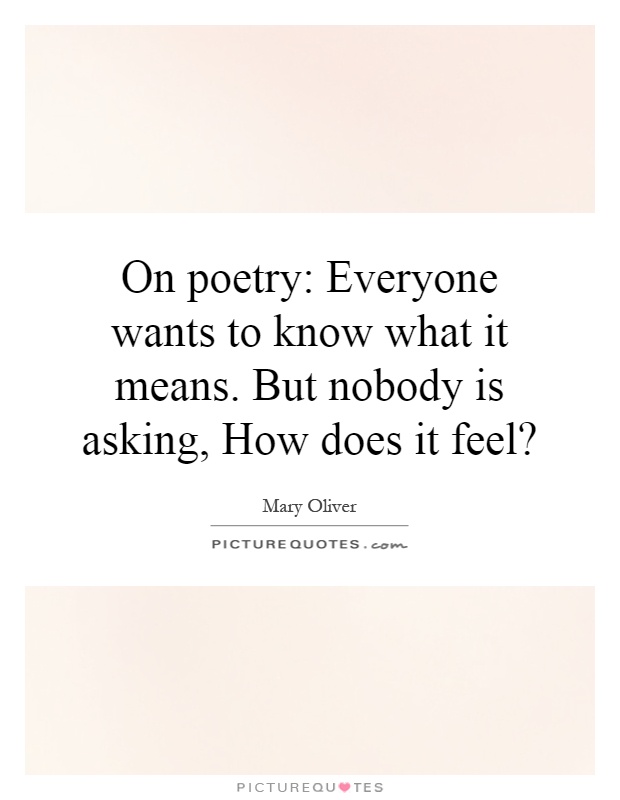
On poetry: Everyone wants to know what it means. But nobody is asking, How does it feel?
Mary Oliver, the beloved American poet known for her profound connection to nature and the human experience, often explored the depths of emotion and sensation in her poetry. In her work, she invites readers to not only ponder the meaning of her words but also to feel the essence of her poems on a visceral level. Oliver's poetry is a testament to the power of language to evoke emotion and connect us to the world around us in a profound way.When Oliver writes about the natural world, she does so with a keen sense of observation and a deep appreciation for the beauty and wonder of the world. Her poems are filled with vivid imagery and sensory details that allow readers to immerse themselves in the sights, sounds, and smells of the natural world. Through her words, she invites us to not only see the world through her eyes but also to feel it in our bones.
In her poem "Wild Geese," Oliver writes, "You do not have to be good. / You do not have to walk on your knees / for a hundred miles through the desert, repenting. / You only have to let the soft animal of your body / love what it loves." These lines speak to the idea of embracing our true selves and allowing ourselves to feel the full range of emotions that make us human. Oliver reminds us that it is not always about understanding the meaning of life, but rather about experiencing it fully and authentically.
Oliver's poetry is a celebration of the beauty and complexity of the natural world, but it is also a reflection of the human experience. Through her words, she explores themes of love, loss, joy, and sorrow, inviting readers to connect with their own emotions and experiences. In doing so, she reminds us that poetry is not just about deciphering meaning, but about feeling the power of language to move us and touch our souls.
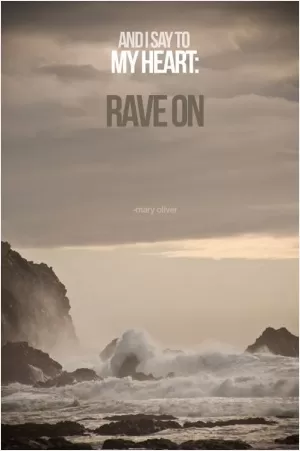

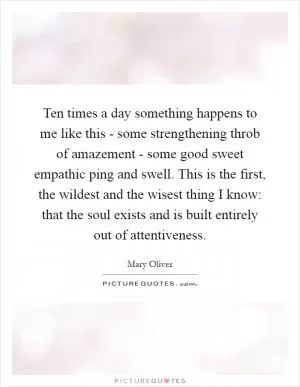
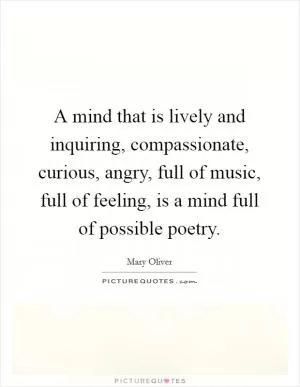



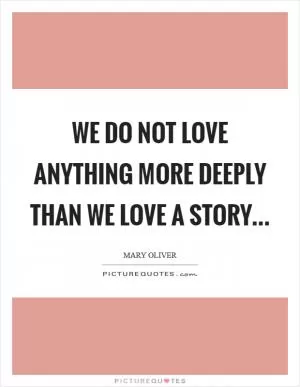

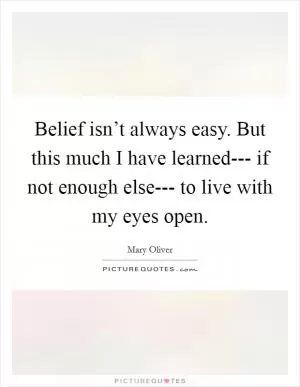
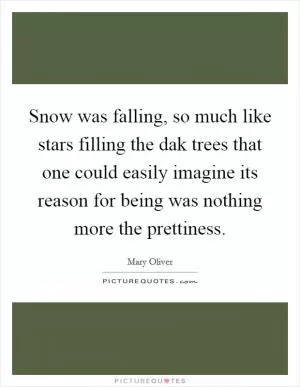

 Friendship Quotes
Friendship Quotes Love Quotes
Love Quotes Life Quotes
Life Quotes Funny Quotes
Funny Quotes Motivational Quotes
Motivational Quotes Inspirational Quotes
Inspirational Quotes